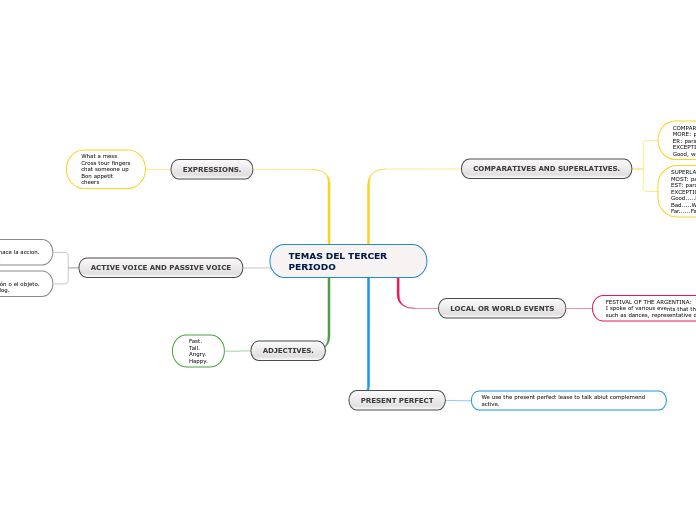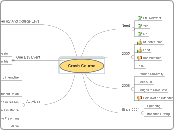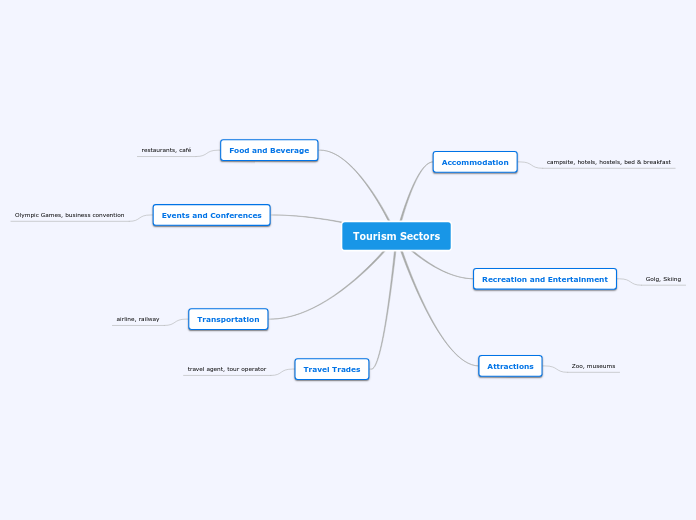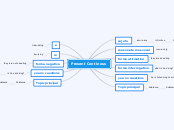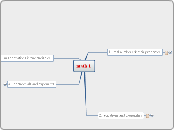af 8B Duarte Gonzalias Danna Isabella 3 år siden
284
TEMAS DEL TERCER PERIODO
The third period covers several important English language topics, including the usage of adjectives and their variations like 'fast', 'tall', 'angry', and 'happy'. It delves into the present perfect tense, explaining its application in discussing completed actions.
